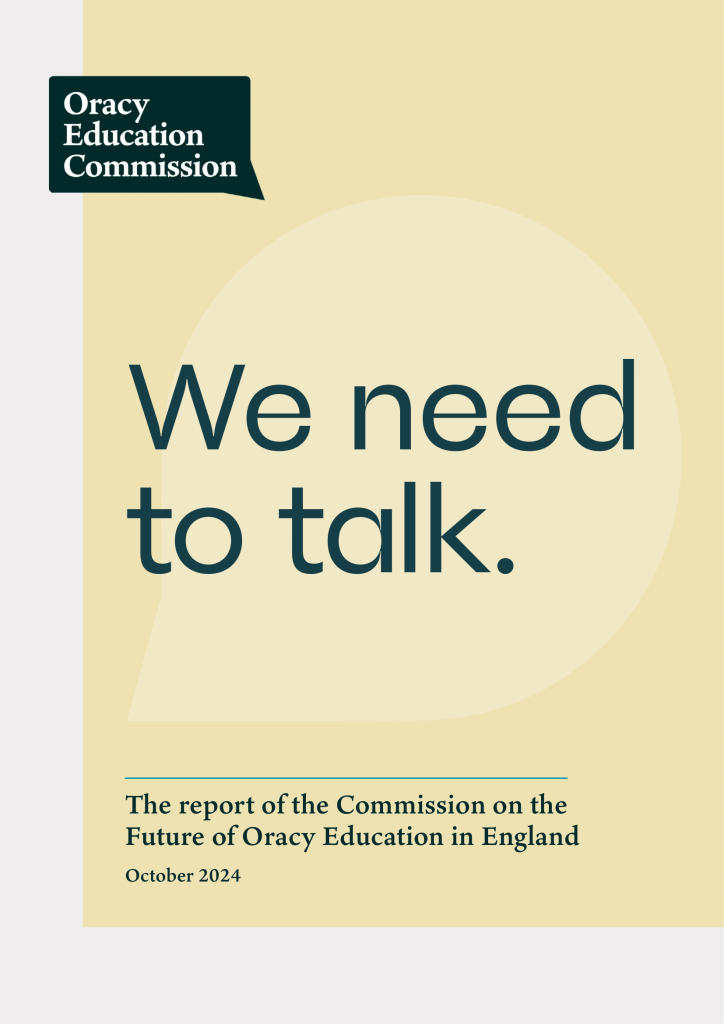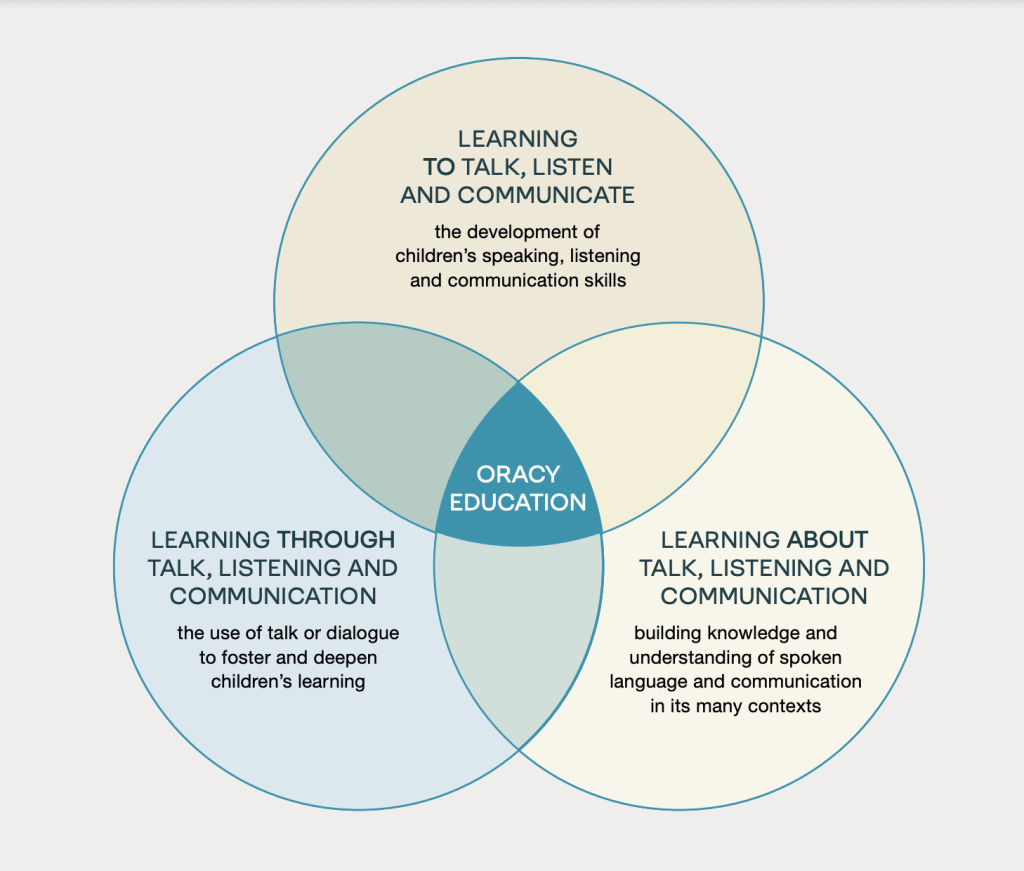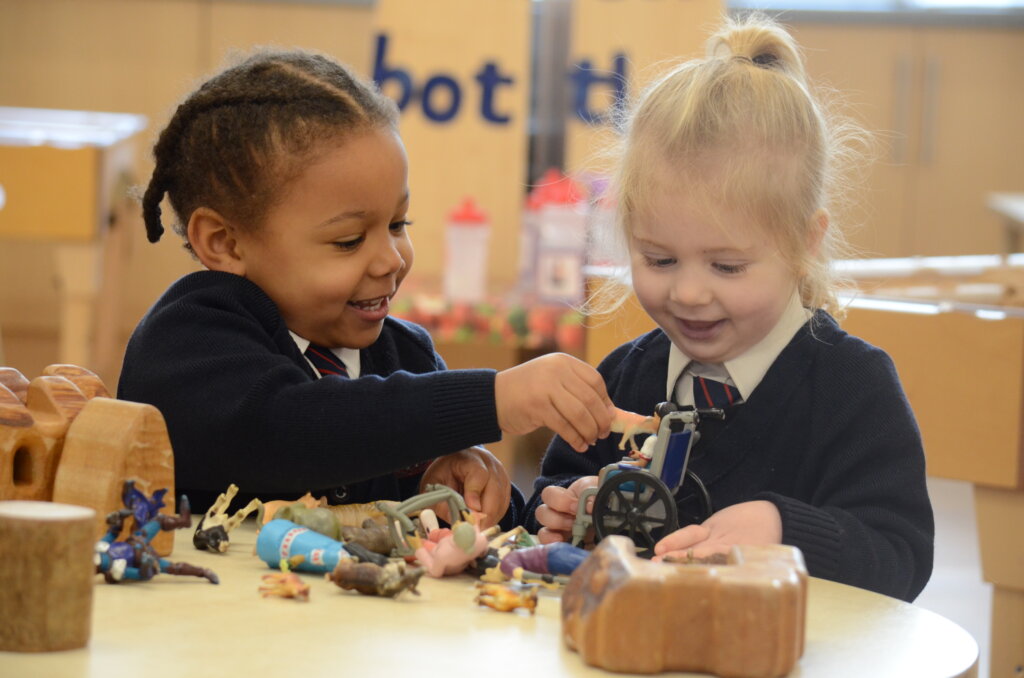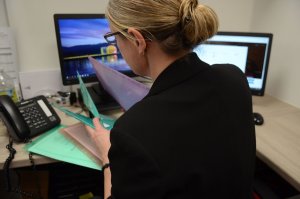
‘The time has come for oracy to be firmly established as one of the ‘four Rs’— recognised, valued, and resourced alongside reading, writing, and arithmetic as a cornerstone of education.’
The Commission on the Future of Oracy Education have recently released their long-awaited report on the findings of their six-month delve into Oracy. Published last week, the report has not promised any quick fixes. Instead, it is focused on ensuring universal understanding of what Oracy is and how it should be used as a tool for learning. The commission aims to prove the necessity of oracy skills for children’s futures and that Oracy has earned its rightful place alongside the 3Rs of education.
Why oracy?
The emphasis on Oracy has been highlighted as even more crucial in the context of the challenges posed by the Covid-19 pandemic. There is no denying the fundamental need for Oracy in children’s early development, and with the persistent achievement gap, oral skills are needed to bridge inequalities and promote best life chances. Living in our increasingly polarized society and demanding global economy, good Oracy is now a requirement to effectively survive the employment challenges young people face.
Despite the excellent practice seen in some areas, the national implementation of Oracy education remains inconsistent. The Commission suggests that a more systematic and universal approach to Oracy education could unlock significant potential for both individuals and society.
This is an exciting time for Oracy. With the public backing of Government, alongside the upcoming curriculum review, the Commission champions Oracy as the golden thread that brings about the joined-up approach needed to shift current educational policy and practice.
Oracy: A definition
With no one agreed definition of Oracy, the Commission gathered opinions on the most important aspects, leading to their recommendation that Oracy be defined as:
“Articulating ideas, developing understanding and engaging with others through speaking, listening and communication”.

The Commission views Oracy as being formed of three interrelated, overlapping and mutually reinforcing components:
a) Learning to talk, listen and communicate: the development of children’s speaking, listening and communication skills. This includes cognitively challenging talk, using talk as a tool to draw out misconceptions and further developing learning through critical talk led by skilled staff. Consider: Does your practice teach pupils what quality talk looks and sounds like across the different subject disciplines?
b) Learning through talk, listening and communication: the use of talk or dialogue to foster and deepen children’s learning. Progressively developing speaking and listening skills through explicit instruction, much like the development of skills within any curriculum subject, is imperative to ensure critical thinking and reasoning skills that transcend learning. Consider: In your setting, is there a clear and progressive Oracy curriculum in place?
c) Learning about talk, listening and communication: building knowledge and understanding of speaking, listening and communication in its many contexts. Children must also be able to make informed choices on their language use and recognise its impact and influence as well as the distinctions required for talk across the disciplines.
Consider: In your setting, how well do children understand the different contexts of talk? How well do they reflect upon and assess the impact of talk, including their own?
Understanding what Oracy is and how best to facilitate its development is key to establishing how to effectively support our pupils to harness talk for learning.
“Oracy can and should be embedded throughout a child’s educational experience from the earliest stage, before they enter formal education, through to their progression to further or higher education and employment.”
A Call for Change: The fourth ‘R’
The commission sets out its argument for Oracy to become an essential programme of study in the National Curriculum, ensuring more attention and intention is given to oracy across phases and subject domains. What is currently lacking in the National Curriculum is any clear overview of the oracy knowledge and skills students should be taught and the related experiences to promote their mastery. The report states that schools should have their own flexibility in deciding how to embed oracy into the curriculum; be it through subject journeys or special experiences and advocates the continuous promotion of language development beginning with solid foundations in early years. Further evidence-led findings advocate the revision of the English language GCSE with a focus on language identity and critical awareness of language use in today’s world; the development of and investment in expressive arts across the curriculum and the improvement of extra-curricular opportunities that promote oracy.
What does this mean for educators?
| Learning to talk | • Create an Oracy framework to develop the strands of oracy knowledge and plan activities to explicitly teach and practise these skills through children’s everyday learning. One Education’s Oracy Across the Curriculum Progression is a free resource which could help this process. |
| Learning through talk | • Train teachers to promote productive talk which enables sharing, extending thinking and critically engaging with content to further learning. • Develop opportunities for students to present and explain learning, requiring students to make decisions about how to adapt their knowledge for contexts and audiences. • Employ dialogic teaching, high-quality classroom dialogue, and Sustained, Shared Thinking to extend curriculum knowledge • Support assessment and the identification of misconceptions. |
| Learning about talk | • Teach students about spoken language and communication in all its forms to promote informed choices about what language to use in specific contexts and to better understand and value the diversity of communication within society. |
However, with every new initiative it is clear to look at the non-examples as well as the examples. It is likely that Oracy could be misconstrued as ‘good quality speaking’ through performance activities and talking to our partners in class. We already do that don’t we? We do, but this is not necessarily good Oracy practice.
What Oracy Education isn’t:
| The promotion of a ‘correct’ way to speak. All forms of speech and dialect are equal. | Purely performance. An oracy education spans the full spectrum of speech and language situations. |
| ‘Idle chatter’ in classrooms. Oracy is productive, well-planned speech from clear instruction. | A checklist of skills. Oracy should be taught in context to enrich the context of talk across the curriculum. |
| Just ‘learning through talk’. This must be combined with ‘learning to talk’ and ‘learning about talk’. | Only an extra-curricular activity. Every child needs to have opportunities to develop and demonstrate Oracy. |
How One Education can support you
If you are now considering where to go next on your Oracy journey, it is important to focus on small steps development. Consider what is important in your context: how could you begin to implement a specific approach to oracy in your school?
An excellent starting point for establishing staff knowledge, confidence and motivation is to ask colleagues to carry out our One Education Oracy Self-Assessment. This will give teachers and leaders the opportunity to reflect on current practice and identify next steps.
One Education are working with a number of schools over the course of this academic year 2024-25 on our Oracy Pilot Project. The aim of the project is to develop additional resources and training to support schools on their Oracy journey through a 2-way ongoing discussion between schools and One Education. The project involves sharing feedback and identified development needs, trialling supporting resources as well as the option to purchase bespoke support. If your school would be interested in joining the One Education Oracy Pilot Project, please email alice.pepper@oneeducation.co.uk for more information.
We offer whole-school support, training and framework development expertise for Oracy. Please get in touch and talk to us about how we can help.
Please complete the form below and we will get in contact as soon as we can to help you with your query.




